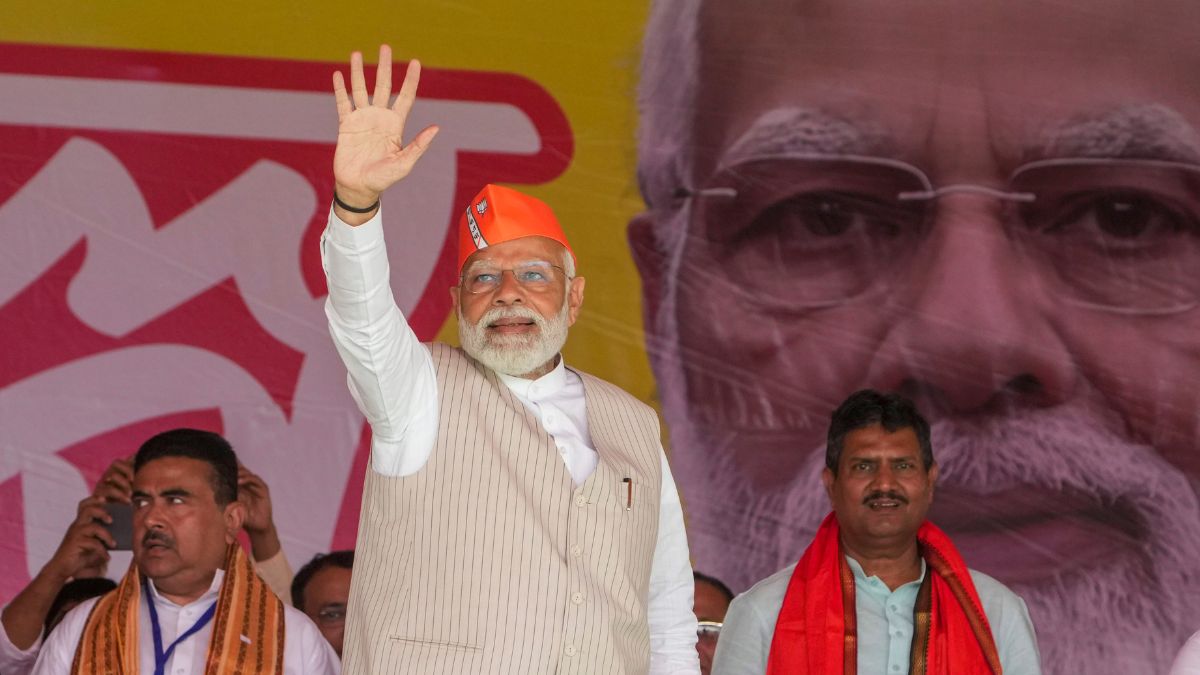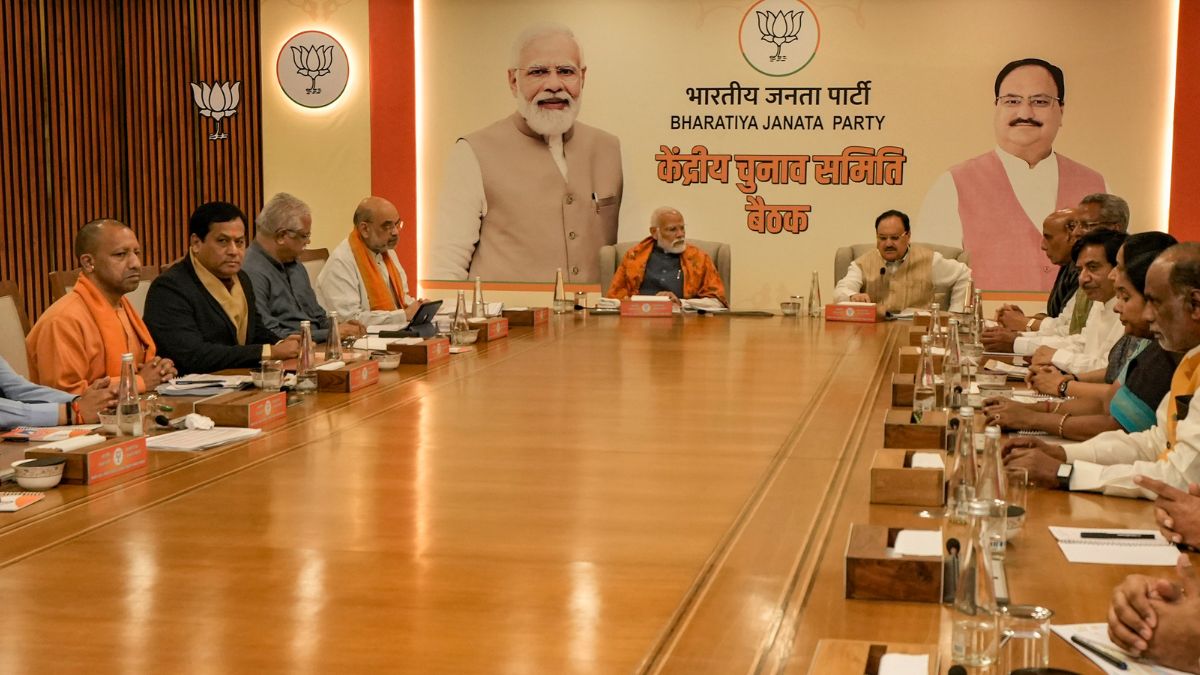In an apparent end to unofficial 9-year Washington boycott of Narendra Modi, and perhaps acknowledging the current trajectory of Indian politics, US Ambassador to India Nancy Powell met the Gujarat Chief Minister in Gandhinagar, Gujarat, on Thursday.
Powell met the BJP’s prime ministerial candidate at his residence in Gandhinagar along with senior US diplomats. The US has called the meeting part of their “outreach to senior political and business leaders”.
The meeting signals a stark departure from the US’s stand in 2005, when then ambassador David Mulford had called the denial of a US visa to Modi as reflection of “the fact that, as head of the state government in Gujarat between February 2002 and May 2002, he was responsible for the performance of state institutions at that time. The period coincides with the 2002 communal violence in Gujarat.
Expectedly, no mention of the visa or the 2005 denial of visa wasmade during Thursday’s meeting. In fact, on Tuesday, State Department spokesperson Jen Psaki suggested that despite Powell’s plans to meet Modi, the US was still holding firm to its 2005 decision to deny Modi an entry visa.
Even though the State Department spokesperson chose to say the meeting does not reflect any change in the US policy on visa, and even if Powell was hardly meeting Modi with a US visa in hand, the new “concentrated outreach” to key Indian leaders among whom Modi is certainly counted today amounts to an embarrasing U-turn for the United States.
Also, the US was the last of the major western nations who viewed Modi with wariness. A series of envoys from the West have met Modi in recent months, some have attended his public rallies in the run-up to Assembly elections in five states in December last year. Among those who met him are German Ambassador Michael Steiner and British High Commissioner James Bevan. The European Union was the first to end the boycott of Modi.
Psaki was also careful to deny suggestions that the meeting was indicative of the US’s stand on the coming Lok Sabha elections. Psaki said, “We don’t take positions in elections, and certainly this is not an example of us taking a position. It is just a reflection… of us reaching out to a range of individuals from different backgrounds [and> political affiliations, which we do in countries around the world.”
Regardless of the spokesman’s statement, the U-turn is obvious.
As Sandip Roy has pointed out earlier on Firstpost _,_ it was also inevitable. Aghast at the violence of 2002, the ban was simple to impose in 2005 – nobody really knew then who Modi was. Much water has flowed under the bridge since, and alongside Modi’s ascendancy, the narrative of 2002 has faded. Modi is now declared PM candidate by the main Opposition party of India, the question of a visa may not even arise since a state visit the PM of the country requires neither a tourist nor business visa.


)




)
)
)
)
)
)
)
)